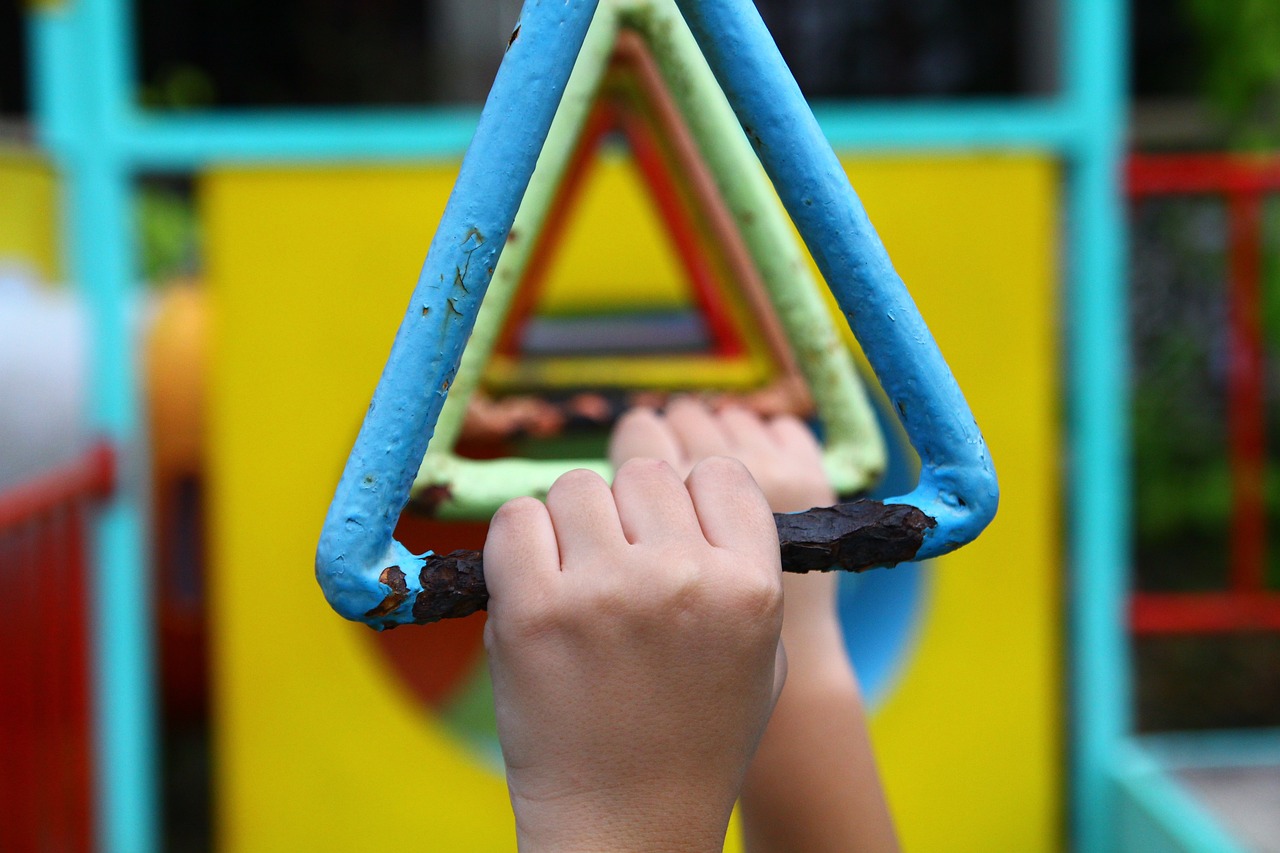
Learning through play is a successful way of improving both student and teacher wellbeing, groundbreaking new research suggests.
The method is not only seen as effective in skill development but also in keeping both students and educators motivated and engaged in the classroom.
Rachel Parker, a Senior Research Fellow with the Australian Council for Educational Research (ACER) spearheaded the longitudinal study, conducted together with the LEGO Foundation, exploring the impact of learning through play on primary school teachers and students in Ukraine.
“The evidence is increasingly clear – learning through play isn’t just for preschool. It’s an essential strategy for addressing the crucial challenges of motivation and engagement in today’s classrooms,” Parker commented.
Addressing attendees at the recent Research Conference 2023 in Sydney, themed ‘Becoming Lifelong Learners: Improving the Continuity of Learning from Birth to 12 Years’, Dr. Bo Stjerne Thomsen, Chair of Learning through Play at the LEGO Foundation, alongside Parker, emphasised the broader applications of this learning method. They noted that many still misunderstand its effectiveness beyond the preschool phase.
“Our collective studies indicate that learning through play directly influences the enhancement of student social-emotional skills and mental health, particularly at a time when such concerns are at their peak,” Parker said.
Furthermore, this approach to learning empowers teachers with the autonomy to adapt and respond to student needs, thereby leading to reduced stress, increased job satisfaction, and higher teacher retention rates.
Highlighting the holistic development through playful activities, Dr. Thomsen remarked, “These playful methods can cultivate a myriad of skills – from literacy and numeracy to social-emotional competencies like turn-taking, healthy interactions, and empathy.”
Dr. Thomsen further emphasised the importance of a sturdy foundation in children’s emotional and social health, particularly in this current climate of global uncertainty.
Reflecting on the broader educational landscape amidst the pandemic, Dr. Thomsen added, “It’s more crucial now than ever to rally behind our educators who face unprecedented challenges. We must reignite their passion for teaching and equip them with tools that foster deeper connections with their students.”
Data from Western Australia supports this, with a whopping 91% of educators from preschool to year 3 advocating for play-based teaching in early education. A significant 82% expressed a desire to incorporate more playful learning into their classrooms.
However, certain external pressures, notably the National Assessment Program – Literacy and Numeracy (NAPLAN), seem to inhibit the adoption of this method. Many educators feel their teaching strategies are dictated by external forces, limiting their pedagogical choices.
Parker emphasised the immense potential of this approach, citing its success in schools across Tasmania and a new K-12 state school in NSW.
“When schools commit resources to playful teaching methodologies, the benefits are clear – better socio-emotional outcomes for students, enhanced staff retention, and comprehensive learner growth.”
Despite the widely acknowledged benefits of play, a recent survey of teachers found many feel conflicted when it comes to letting children engage in ‘messy’ activities or play that may be perceived as ‘risky’. One factor driving this is that educators feel the need to listen to what parents want.
According to Professor Tonia Gray, Senior Researcher in the Centre for Educational Research at Western Sydney University, the upward trend towards nature-based solutions and outdoor learning in Australia’s schools is fortunately continuing to gain momentum in 2023.
“This has been witnessed in the recent changes to our Australian Curriculum. Outdoor learning programs have also become more common, with teachers using natural environments to implement a wide range of subjects,” Professor Gray told The Educator. “Undoubtedly, this a positive step towards promoting student health and wellbeing.”
However, a new survey of teachers shows many feel conflicted when it comes to letting children engage in ‘messy’ activities or play that may be perceived as ‘risky’. One factor driving this is that educators feel the need to listen to what parents want.
UniSA researcher and PhD candidate Kylie Dankiw says there are some strategies educators can employ to alleviate these concerns while still ensuring safety for children.
“It is important to educate parents about the real versus perceived risks and to communicate the benefits on how they alleviate real risks instead of removing them completely,” Dankiw told The Educator.
“Educators suggested strategies that may help parents embrace messy play, such as making sure children have appropriate wet weather gear [rain jackets, gum boots], brining spare clothes and communicating the sensory benefits of mud and water play for children’s development.”
Dankiw said that by enhancing communication between educators and parents can be achieved by engaging parents in open discussions or forums regarding nature play programming, risk assessments, and play space upgrades within their centres or schools.”
“By involving parents and seeking their support, educational leaders can foster community involvement and collaboration in promoting nature play for the wellbeing of children.”


